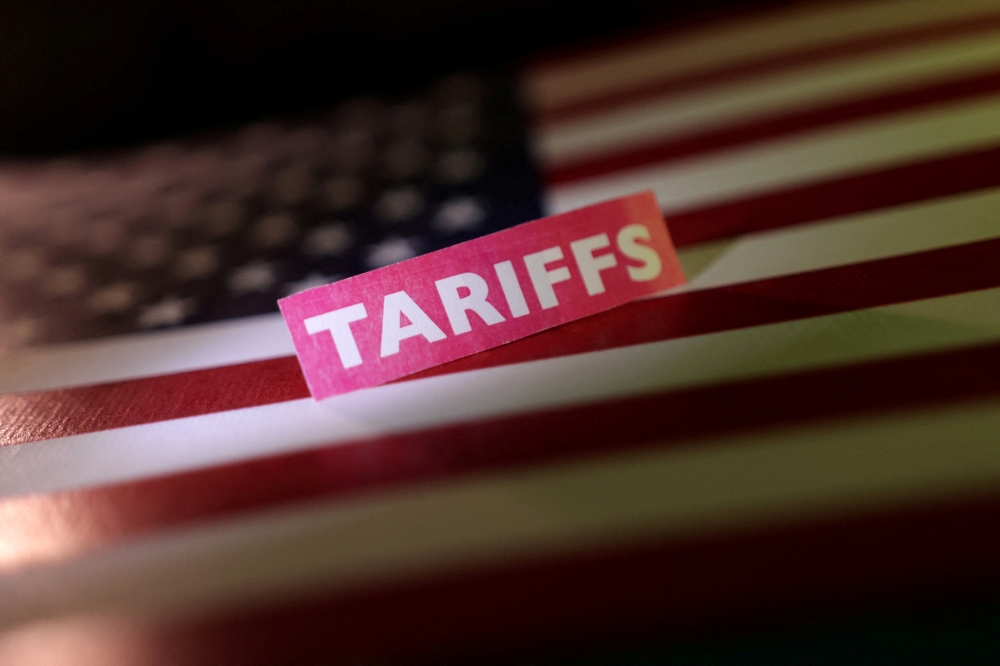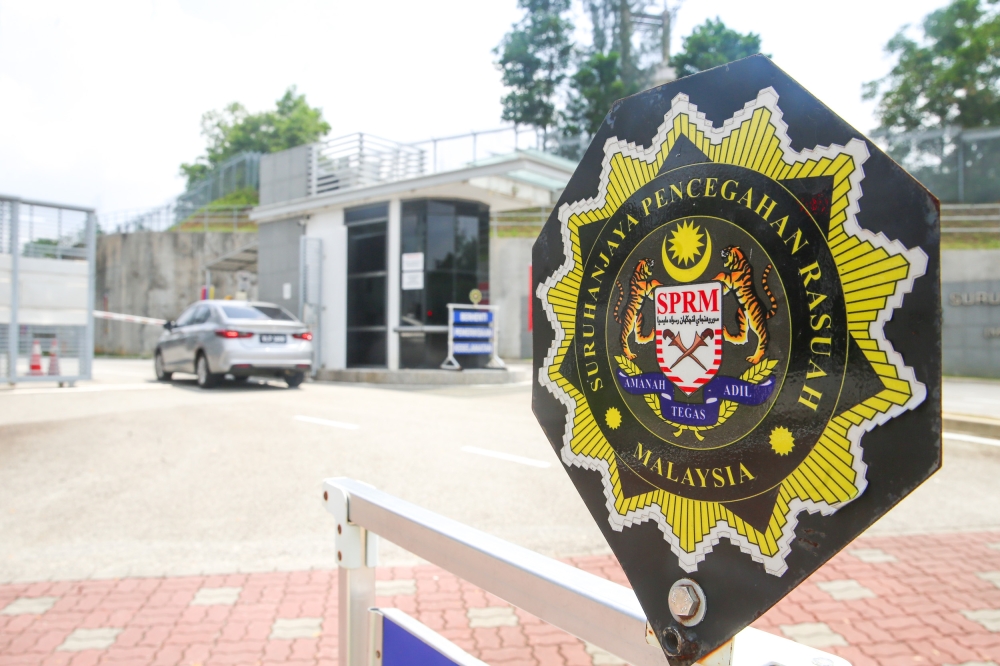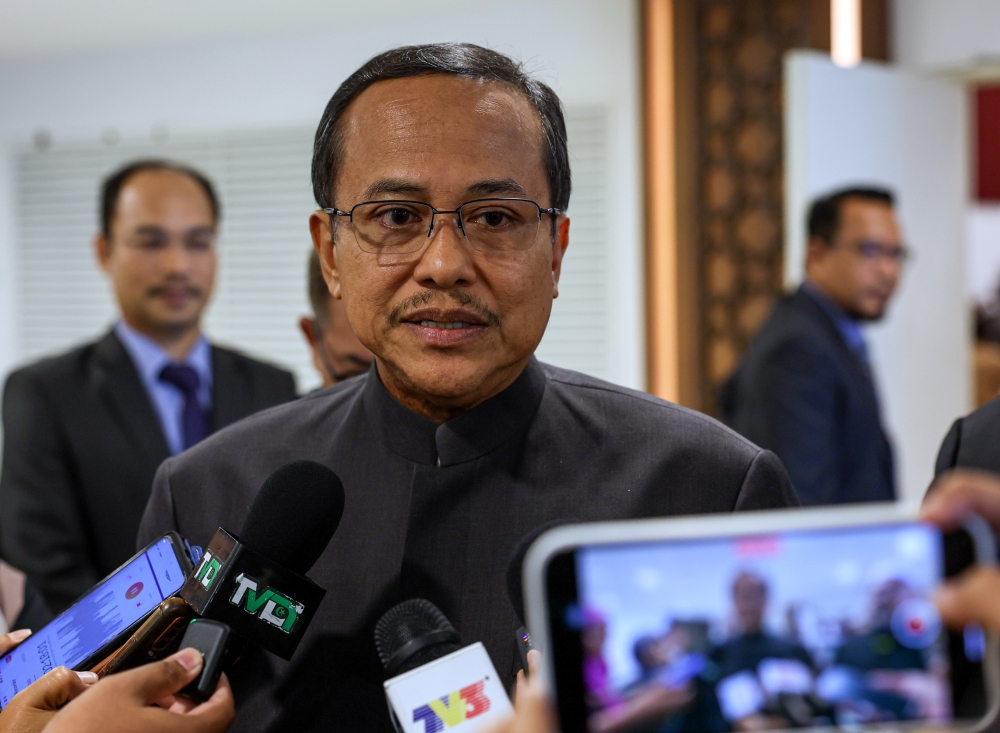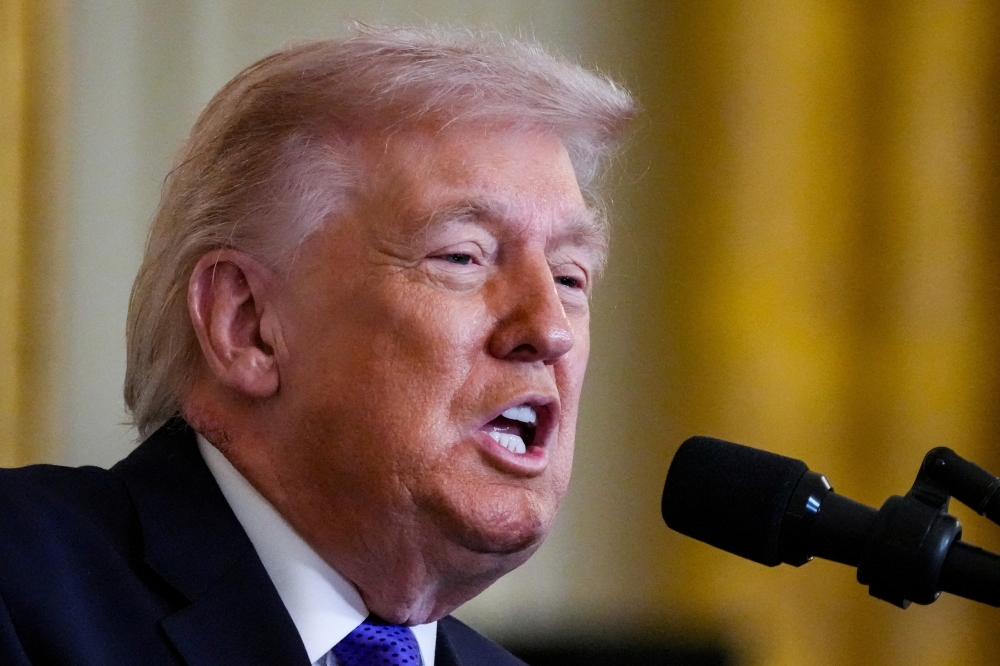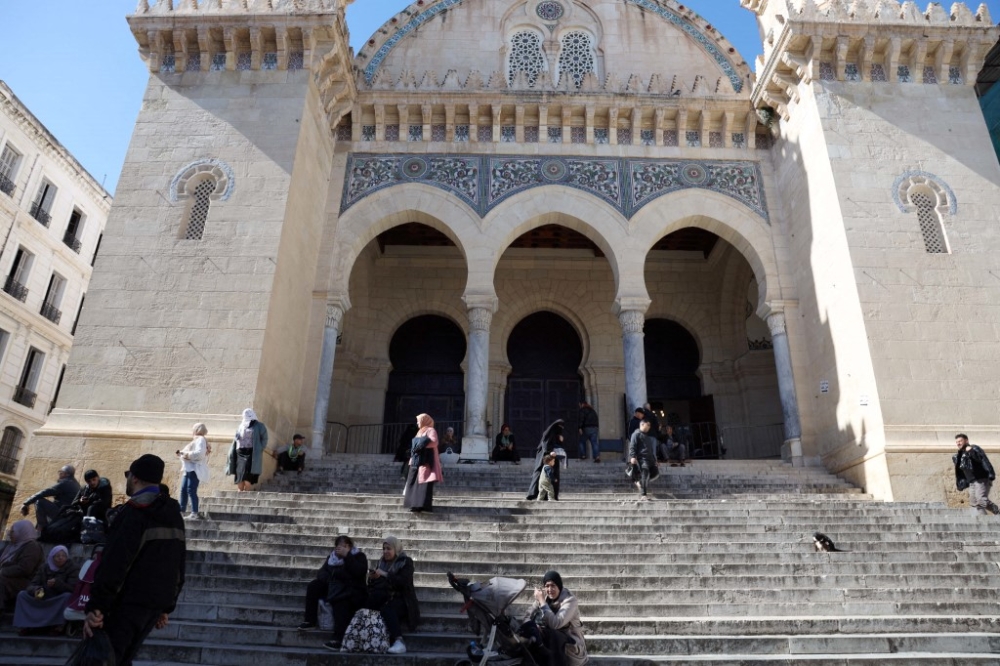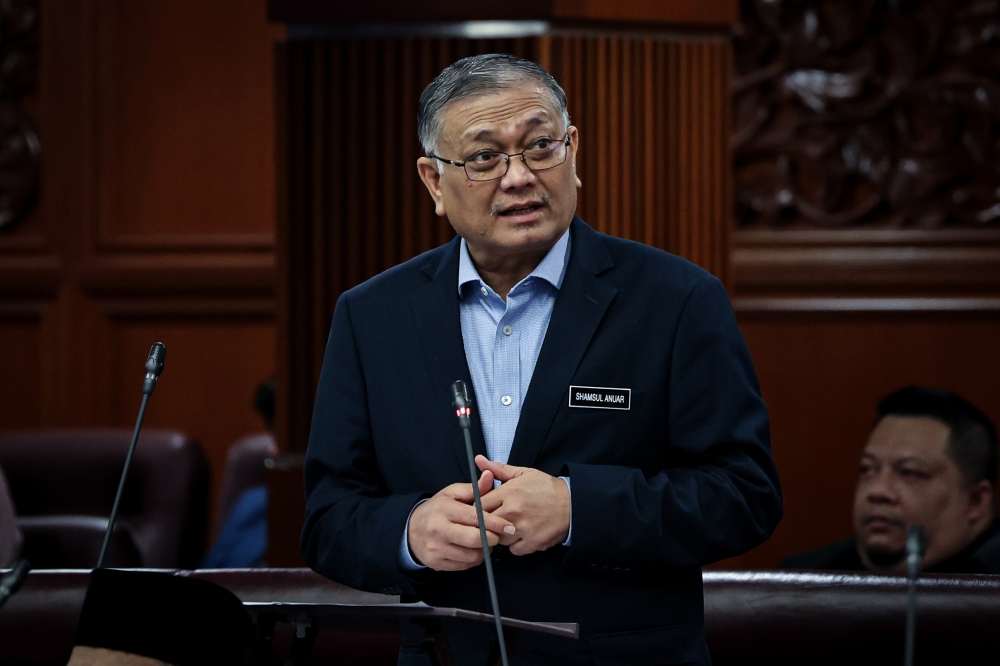KUALA LUMPUR, March 1 ― Malaysia’s former chief justice Tun Richard Malanjum has been appointed as an ombudsman to the United Nations Security Council.
In a letter dated January 28, UN secretary-general Antonio Guterres informed the UN Security Council’s president that he had appointed Malanjum to the position.
“I have the honour to refer to Security Council resolution 2610 (2021), by which the Council decided to extend the mandate of the Office of the Ombudsperson, established by resolution 1904 (2009), until 17 June 2024.
“Following consultations with the Security Council Committee pursuant to resolutions 1267 (1999), 1989 (2011) and 2253 (2015) concerning Islamic State in Iraq and the Levant (Da’esh), Al-Qaida and associated individuals, groups, undertakings and entities, I have appointed Mr Richard Malanjum (Malaysia) as Ombudsperson,” Guterres wrote in the letter.
Da’esh is also known as the Islamic State in Iraq and the Levant (IS or ISIL), while Al-Qaida is also known as Al-Qaeda.
In the same letter, Guterres asked the UN Security Council president to highlight Malanjum’s appointment to the other member countries in the council.
Each member country in the UN Security Council takes turns to hold the post for one month based on the English alphabetical order of the countries’ names.
At the time that the letter was written in January, Norway was the UN Security Council president. In February, it was Russia, and for March it is the United Arab Emirates.
Sabahan Malanjum was the first East Malaysian to be appointed Chief Justice of Malaysia, and had served in that role from July 11, 2018 until his retirement as a judge on April 12, 2019.
According to the UN Security Council’s website, the position of the Ombudsman to the ISIL (Da’esh) and Al-Qaida Sanctions Committee was established through a resolution adopted by the UN Security Council on December 17, 2009.
This position was formerly held by Kimberly Prost from July 14, 2010 to July 14, 2015, Catherine Marchi-Uhel from July 27, 2015 to August 7, 2017 and Daniel Kipfer Fasciati from July 18, 2018 to December 17, 2021.
On December 17, 2021, the UN Security Council adopted resolution 2610 (2021), which extended the ombudsman’s mandate which was expiring in December 2021 by 30 months, or to June 17, 2024.
Malanjum was then appointed to this position, and assumed his official functions as the UN Security Council’s ombudsman on February 14, 2022.
According to the UN Security Council’s website, Malanjum had served as Malaysia’s ninth chief justice until 2019, and had subsequently served as adjunct professor in several universities in Malaysia and worked as a legal consultant and arbitrator before his appointment as ombudsman.
The role of the Ombudsman to the UN Security Council’s ISIL (Da’esh) and Al-Qaida Sanctions Committee is to be an independent and impartial ombudsman, who reviews requests from individuals, groups or entities who want to be removed from the UN Security Council’s ISIL (Da’esh) and Al-Qaida Sanctions List.
After such delisting requests are submitted to the ombudsperson, the ombudsperson is mandated to gather information and interact with those who made the request and the relevant countries and organisations about the request.
The ombudsperson will then present a comprehensive report to the sanctions committee, with the report to outline the main arguments regarding the delisting request and also contain the ombudsman’s recommendation to the sanctions committee.
The sanctions committee may choose to overturn the ombudsman’s recommendation under certain circumstances, although this has yet to happen so far.
The ombudsperson’s role is also to communicate the sanctions committee’s decision on the delisting request to the one who had made the request to be removed from the sanctions list.
Among other things, the UN Security Council in its December 2021 resolution had reiterated its unequivocal condemnation of ISIL and Al-Qaida and associated individuals and groups for “ongoing and multiple criminal terrorist acts aimed at causing the deaths of innocent civilians and other victims, destruction of property, and greatly undermining stability” and also highlighted the two groups’ “violent extremist ideology”.
The UN Security Council also reaffirmed its decision in past years to impose measures on ISIL and Al-Qaida, including by imposing assets freeze, travel ban and arms embargo on individuals, groups and entities associated with those two groups and listed in the sanctions list.
* A previous version of this story contained an error which has since been corrected.






